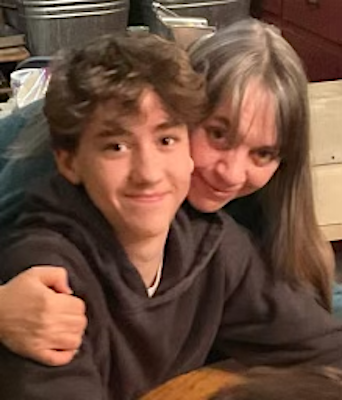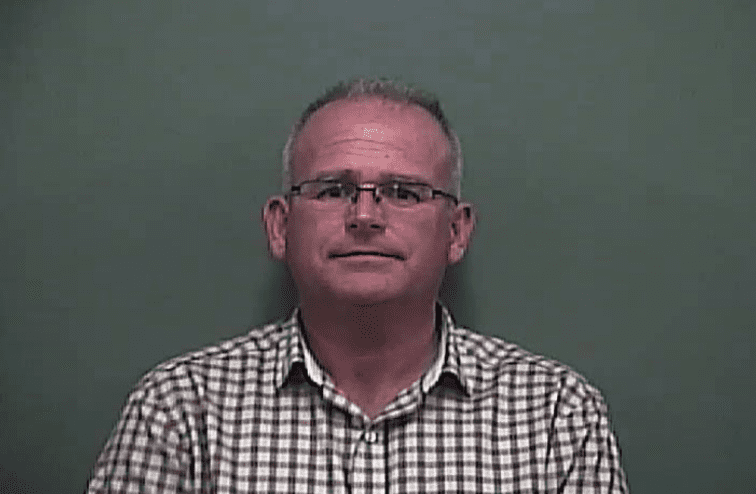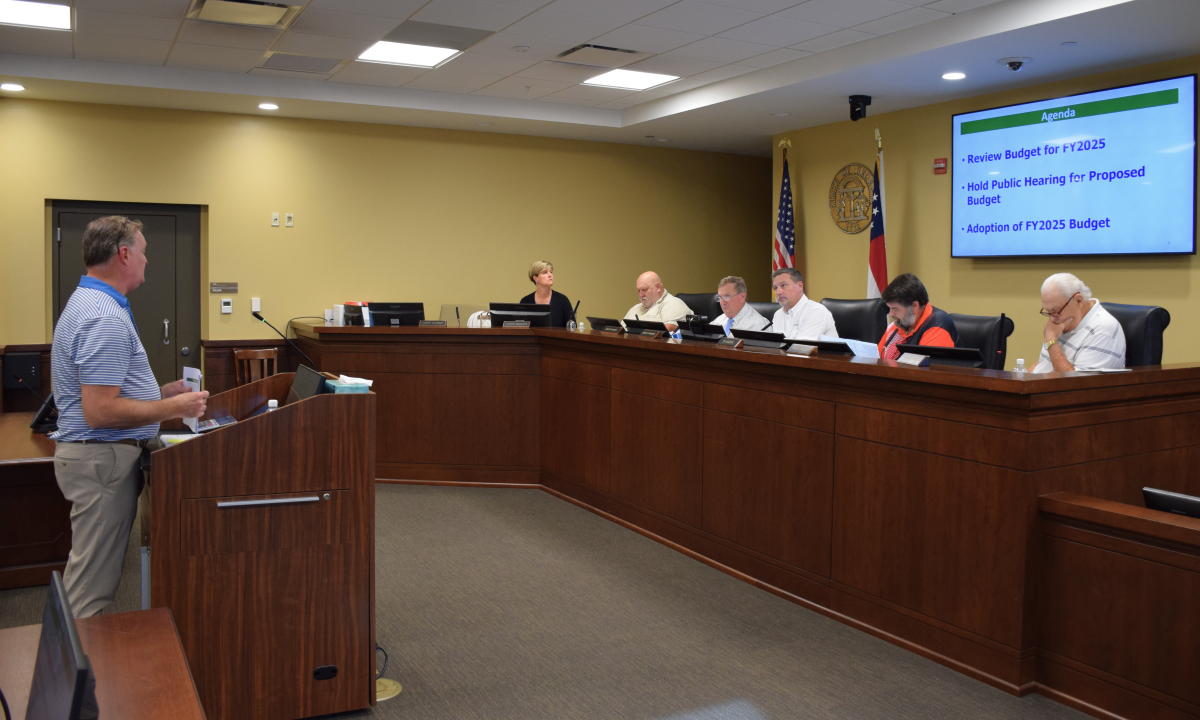Atlanta – With freezing temperatures expected across the state over the next few days, Commissioner of Insurance Ralph Hudgens wants to remind Georgians that if their homes are damaged by the extreme cold, they may get financial relief through their homeowners policies.
“Depending on the source of the property damage, you may or may not be covered,” Hudgens said. “Here’s what a typical homeowners policy may pay for”:
• Repairing damage to internal plumbing caused by freezing will generally be covered by your homeowners policy. The policy should also pay for damage to carpeting, furniture, and other belongings caused by your own pipes freezing.
• However, damage from water entering your home from an outside source, such as a broken water main, may not be covered. Damage from external waters may be classified as “flood” or “seepage,” which is not covered by a standard homeowners policy.
• If you live in an apartment or condominium, and water from an upstairs neighbor’s pipes damages your property, you will be covered under your own renters (or condo owners) policy. If you don’t have such coverage, the neighbor’s liability policy may pay for your damage, but only if you can prove the neighbor was negligent.
• Repairs to frozen pipes on your property but not in the home, such as in your yard, are not covered by standard homeowners insurance.
Commissioner Hudgens also warned that cold temperatures sometimes result in dangerous fires as a result of carelessness with home heating devices. For example, if you use space heaters or wood stoves in cold weather, remember to keep them away from combustibles like curtains and bedding.
• If you use a kerosene heater, make sure it has an automatic switch that shuts it off if it tips over. Never use gasoline, which can explode.
• Don’t burn trash or cardboard in a fireplace. Make sure the damper in your chimney is open before starting a fire.
• Keep matches and lighters away from children. Don’t let them play around space heaters, the fireplace or with electric blankets.
• Make sure all fuel-burning appliances and fireplaces are properly vented. If you suspect a gas leak in your home, leave immediately and call the gas company from elsewhere.
• Install an adequate number of smoke alarms. Most fatal fires start between 11 p.m. and 6 a.m., while the family is asleep. The advance warning of a smoke alarm may mean the difference between life and death. Nine out of 10 fire victims are already dead before the fire department is even called, mainly from smoke and toxic gases.







